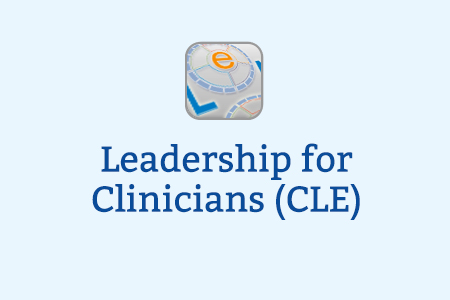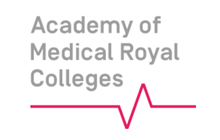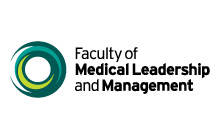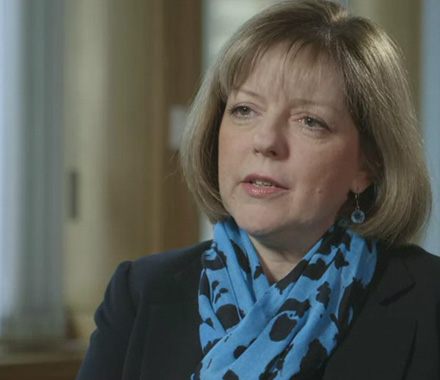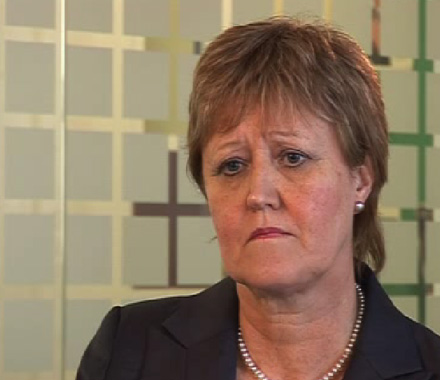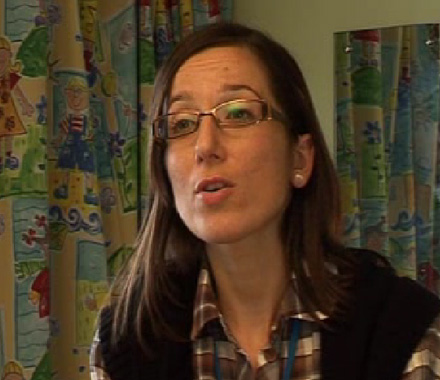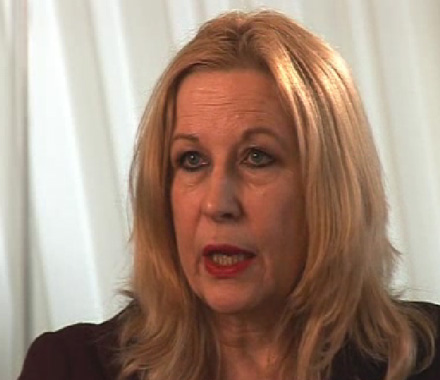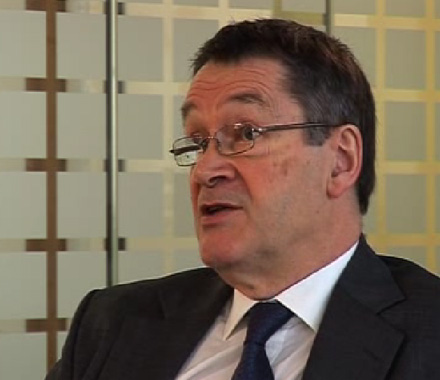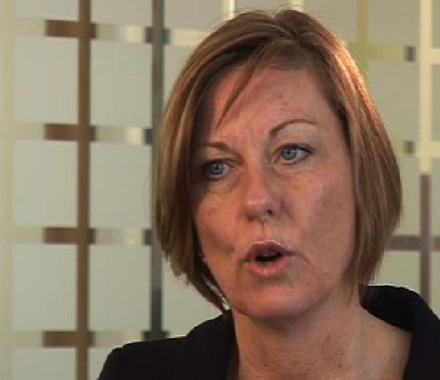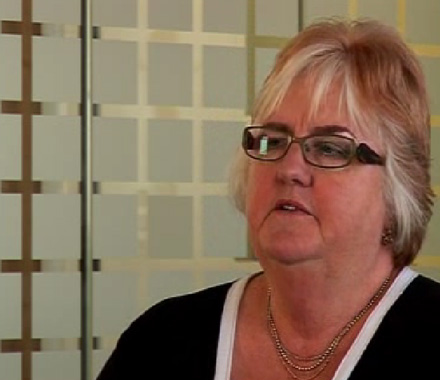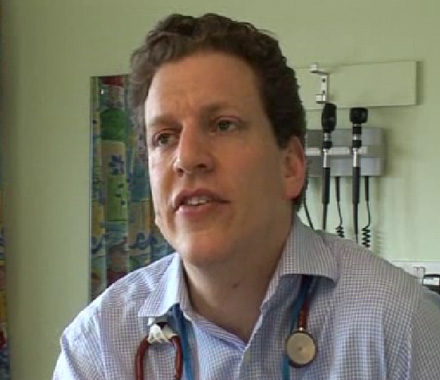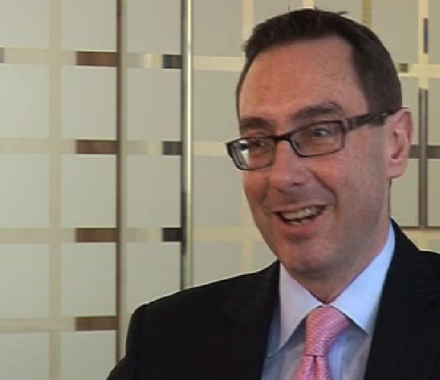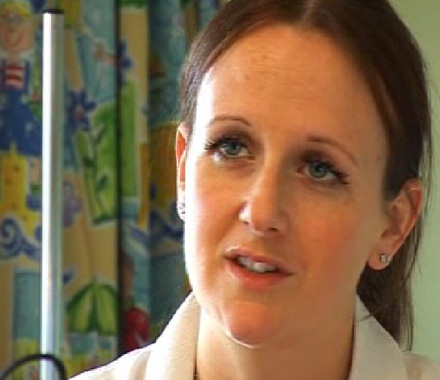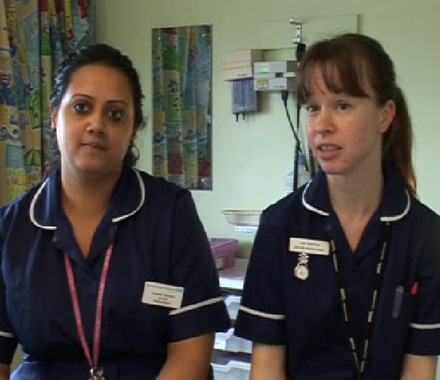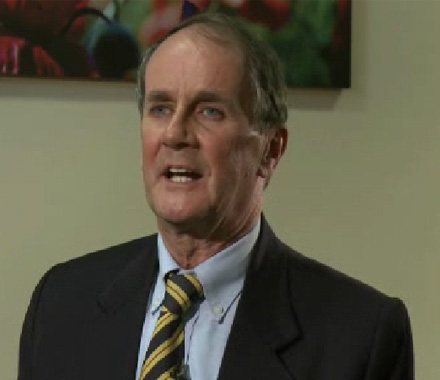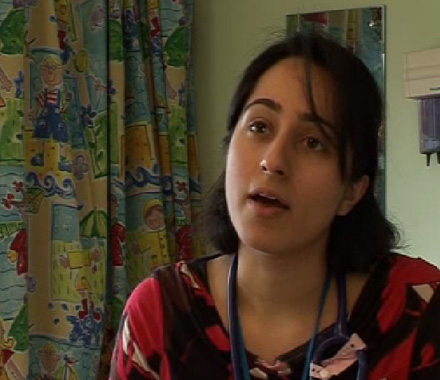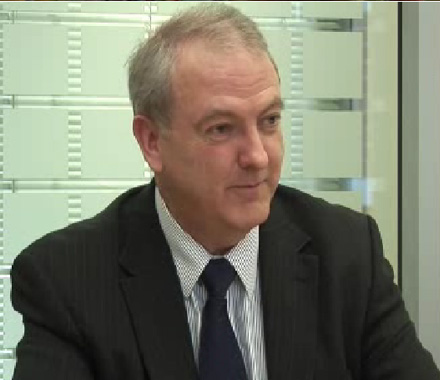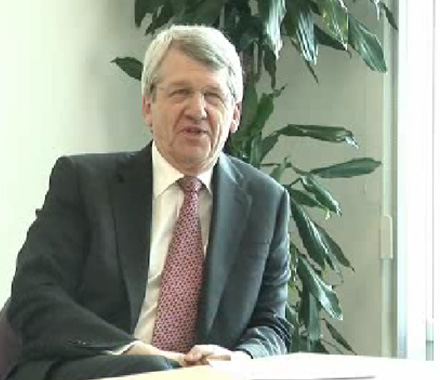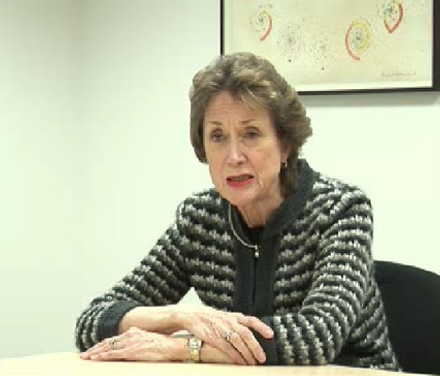About the Leadership for Clinicians programme
All LeAD elearning sessions have been updated to reflect changes in the NHS and issues facing clinicians working in today’s service.
| Leadership for Clinicians: LeAD is an elearning resource to support clinicians, of all professions, to develop an understanding of their role in contributing to the management and leadership of health care services. |  |
| LeAD elearning is designed to be used as part of a blended approach, providing the knowledge base to augment clinical practice, and leadership development opportunities and programmes. | 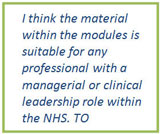 |
| LeAD provides over 60 short interactive elearning sessions. LeAD sessions are grouped for ease of reference; however they are designed to stand alone to meet an individual’s development needs and interests, you can obtain a certificate of completion after each session. To support trainers and further development within the clinical context, additional material and further reading on the subject is included within the sessions. |  |
| LeAD sessions are available in two pathways, both have exactly the same sessions, however they are grouped differently. You can select either of the pathways. | 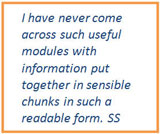 |
| The NHS Leadership Academy has recognised the original work achieved by the Academy of Medical Royal Colleges and NHSIII in describing the leadership expectations for those working in clinical settings. Chief Professional Officers of NHS England endorsed the Medical / Clinical Leadership Competency Framework (MLCF/CLCF) and LeAD to address the knowledge required of clinicians. | 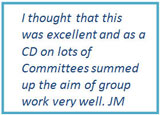 |
More information
Who is it for?
LeAD is appropriate for all clinical staff regardless of profession, specialty, or stage of training (although it is most appropriate for those with a reasonable level of experience in the clinical field) and offers one component of an overall leadership training and development programme. It is intended to support face to face and work based learning by providing the knowledge base related to leadership in clinical settings. This website and the sessions also contain additional support material for trainers to augment leadership development in day to day practice e.g. videos and e-articles.
LeAD reflects the leadership competences outlined in the MLCF/CLCF and will help clinicians develop the knowledge, skills, attitudes and behaviours required to be active team members; support others who are in leadership roles; and make effective contributions as appropriate.
The subject matter and illustrative contexts support developing leadership in clinical settings as well as the knowledge base of the MLC. All of the elearning has been written and extensively reviewed by senior practitioners.
What is LeAD based on?
First came the Medical Leadership Competency Framework (MLCF)
LeAD was originally developed to support the Medical Leadership Competency Framework (MLCF) created by the Academy of Medical Royal Colleges (AoMRC) and NHSIII. The Enhancing Engagement in Medical Leadership project led by the AoMRC and NHSIII supported the approach taken by the Medical Royal Colleges to develop doctors’ understanding of their role in contributing to managing and leading health services. LeAD specifically supports the Medical Leadership Curriculum (based on the MLCF) which underpins all postgraduate specialty training. The MLCF was first launched in 2008.
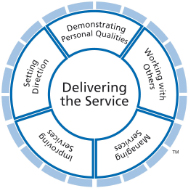
Followed by the Clinical Leadership Competency Framework (CLCF)
The Clinical Leadership Competency Framework (CLCF) is derived from the MLCF. The CLCF was created by the National Leadership Council (NLC) with the agreement of the NHSIII and the AoMRC. Through publishing the CLCF and supporting access to LeAD the NLC are promoting leadership development for all clinical professions that work in health and care. Ensuring that leadership competences will be incorporated into education and training for all clinical professions and establishing a stronger foundation for developing leadership capability across health care and in delivering the changes needed to meet future challenges. The CLCF was launched in June 2011.
And now we also have the NHS Leadership Framework
Subsequently the framework was adopted as the leadership framework for all staff in the NHS and known as the ‘Leadership Framework’, again with identical domain content for the main five domains but with two extra domains for those working at senior levels in organisations.
LeAD provides material to support learning in the five core domains of the leadership framework (MLCF/CLCF).
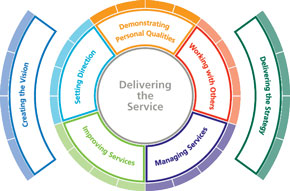
Sample sessions
Why not get a taste of the elearning and try out some of the sample sessions below? These are sessions taken from the live resource and, like all of the LeAD sessions, feature animation, video, case studies and interactive exercises.
To work your way through a session, simply click on the ‘Next’ button at the top right hand corner of each page.
-
Introduction to Leadership and LeAD
This session will explore the concepts of leadership in the clinical setting. It also introduces you to the elearning support for the development of clinical leadership (LeAD) and its relationship with the Medical/Clinical Leadership Competency Framework (MLCF/CLCF).
-
Introduction to the Medical / Clinical Leadership Competency Framework
This session provides an overview of the Medical/Clinical Leadership Competency Framework (MLCF/CLCF). It explains how it has been constructed and how it can be used.
LeAD Clinical Leadership Project Team 2012 - 2013

Penny Lewis
Clinical Project Lead
Jonathan Guy
Project Manager, elfh
Paul Leach
Learning Designer, elfh
Alastair Henderson
Project Champion, AoMRC
Alan Ryan
National Programme Director, elfh
Angela Dempsey
NHS Leadership Academy
LeAD Clinical Leadership Project Team 2011

Penny Lewis
Clinical Project Lead
Stephen Foy
Project Manager
Sara Fennah
Learning Designer, elfh
Peter Spurgeon
Liaison with CLCF project
LeAD Medical Leadership Project Team 2009-2010

Penny Lewis
Clinical Project Lead
Emma Nye
Project Manager, elfh
Dean Spencer
Implementation Manager, elfh
Sheeran Zsigo
Learning Designer, elfh
LeAD Medical Leadership Executive Group 2009-2010

Julia Moore OBE
National Director, elfh
Alastair Henderson
Project Champion, AoMRC
Alan Ryan
National Programme Director, elfh
John Cowles
DH Policy Lead
John Clark
Project Sponsor, EEML
Peter Spurgeon
Project Director, EEML
Ollie White
Chair of Academy Trainee Doctors' Group, AoMRC
Richard Young
Royal College of Anaesthetists Patient/Lay Group
Mark Dexter
Head of Policy, Postgraduate Medical Education and Training Board
Peter Donnelly
Associate Dean for eLearning, Wales Deanery
Martin Hart
Assistant Director for Education, General Medical Council
Ashley Fraser
Medical Director, NHS Employers
Mark Newbold
Chief Executive, Kettering General Hospital NHS Foundation Trust
How to access
In order to access the Leadership for Clinicians programme, you will need an elfh account. If you do not have one, then you can register by selecting the Register button below.
To view the Leadership for Clinicians programme, select the View button below. If you already have an account with elfh, you will also be able to login and enrol on the programme from the View button.
NHS healthcare staff in England
The Leadership for Clinicians programme is also available to NHS healthcare staff via the Electronic Staff Record (ESR). Accessing this elearning via ESR means that your completions will transfer with you throughout your NHS career.
Further details are available here.
Not an NHS organisation?
If you are not an NHS health or care organisation and therefore do not qualify for free access elfh Hub, you may be able to access the service by creating an OpenAthens account.
To check whether or not you qualify for free access via OpenAthens, you can view the eligibility criteria and register on the ‘OpenAthens’ portal.
Registering large numbers of users
If you are a HR, IT or Practice Manager and would like to register and enrol large numbers of staff within your organisation for access onto the Leadership for Clinicians programme, please contact elfh directly.
Organisations wishing to use their own LMS
For HR departments wanting to know more about gaining access to courses using an existing Learning Management System please contact elfh directly to express interest.
How to license
In the event that you do not qualify for free access to the Leadership for Clinicians programme, you are able to license access through eIntegrity, a community-interest company established for this purpose.
You can check whether or not you qualify for free access by clicking on the ‘Register’ button above.
For more information on the licensing options available for the Leadership for Clinicians programme, please visit the eIntegrity website.
More information
Please select the following link for more information on how to use the elfh Hub.
FAQ
-
Is LeAD relevant for experienced staff?
LeAD provides a quick update for experienced clinical staff on the latest perspectives on clinical leadership.
LeAD can also be used by tutors and trainers to provide blended learning as part of their training courses. Within the elearning sessions the resources section offers ideas on how to further develop the knowledge and skills of learners.
The Additional Educational Material area to the left holds additional videos, articles and other resources to augment learning. These can be openly accessed by individuals or by trainers and tutors running seminars and training events.
-
Is LeAD just for doctors?
No, LeAD is about leadership in clinical settings, the basis of leadership applies to everyone. All professions will find the sessions relevant to their practice.
-
Can LeAD be used for trainees?
Absolutely, LeAD is appropriate for all postgraduate trainees regardless of specialty and supports the Medical Leadership Curriculum implemented across all specialties.
-
How many elearning sessions are there?
LeAD offers over 60 short, interactive and engaging elearning sessions.
LeAD sessions are grouped for ease of reference; however they are designed to stand alone in order to provide an open learning pathway to meet individual development needs and interests.
The sessions are grouped in to two pathways, each have all the sessions and you can choose whichever format you prefer:
Medical Leadership (MLE)
LeAD elearning sessions grouped by module themesClinical Leadership (CLE)
LeAD elearning sessions grouped by MLCF/CLCF domains -
How can I access the elearning?
You have the option of having all LeAD sessions presented in one of two ways, by domain or by theme. Please see the How to access section above.
A patient's journey
Professor Kieran Sweeney was diagnosed with malignant mesothelioma at the age of 57 and died at home with his family on Christmas Eve 2009.
Kieran kindly agreed to be filmed and interviewed by Tom Lewis on his experience of care and interactions with healthcare professionals to illustrate the educational material provided by LeAD.
The footage available here is an extract of the filming and reflects the thoughts and experiences Kieran shared in an article he wrote for the BMJ. He died six weeks after this film was recorded.
Sweeney K, Toy L, Cornwell J. A patient’s journey: Mesothelioma. BMJ 2009; 339:b2862 doi 10.1136/BMJ.b2862
Obituaries: Kieran Sweeney, Published 8 February 2010, doi:10.1136/bmj.c733 BMJ 2010;340:c733
elearning for healthcare is very grateful to Kieran and his family for their immense generosity and commitment to the development of clinical leadership.
Further extracts from Kieran’s interview together with contributions from other people with first hand patient experience are being brought together in a number of online articles on compassion, teamwork and change. These articles can be used as an educational resource to help explore clinical leadership and service enhancement and deliver improved quality of care for patients.
Demonstrating personal qualities
Clinicians showing effective leadership need to draw upon their values, strengths and abilities to deliver high standards of care.
This e-article on how patients feel it is like to be treated as a collection of symptoms rather than an individual, to have their need for privacy ignored or to be spoken to without respect or kindness.
-
Jane Cummings
DH Commissioning Board Chief Nurse and DH Chief Nursing Offic...
Jane Cummings
-
Professor Sue Hill OBE
Chief Scientific Officer, discusses why leadership matters to ...
Professor Sue Hill OBE
-
A play therapist
Department of Paediatrics, Imperial College Healthcare NHS Tru...
A play therapist
-
Liz Stafford
Pharmacist, National Primary Care Liaison Manager, talks about...
Liz Stafford
-
Barry Cockcroft OBE
Chief Dental Officer and professional head of dental staff in ...
Barry Cockcroft OBE
-
Karen Middleton
Chief Health Professions Officer Department of Health
Karen Middleton
-
Dame Christine Beasley DBE
Chief Nursing Officer and Director General within the Departme...
Dame Christine Beasley DBE
Working with others
Clinicians show leadership by working with others in teams and networks to deliver and improve services.
This e-article on what compassionate teamwork looks like and also what happens to patients when members of healthcare teams, the majority of whom entered the profession with a strong set of ideals, come to the conclusion that human caring is a ‘hopelessly naïve notion’.
-
Dr Bob Klaber
Paediatric Consultant, talks about teamwork in practice
Dr Bob Klaber
-
A play therapist
Department of Paediatrics, Imperial College Healthcare NHS Tru...
A play therapist
-
David Foster
Deputy Chief Nursing Officer Department of Health, talks about...
David Foster
-
Karen Middleton
Chief Health Professions Officer Department of Health, talks a...
Karen Middleton
-
Jane Cummings
DH Commissioning Board Chief Nurse and DH Chief Nursing Office...
Jane Cummings
Managing services
Clinicians showing effective leadership are focused on the success of the organisation(s) in which they work.
-
Professor Sue Hill OBE
Chief Scientific Officer, discusses why leadership and managem...
Professor Sue Hill OBE
-
Karen Middleton
Chief Health Professions Officer Department of Health, talks a...
Karen Middleton
-
Jane Cummings
DH Commissioning Board Chief Nurse and DH Chief Nursing Office...
Jane Cummings
-
Dame Christine Beasley DBE
Chief Nursing Officer and Director General within the Departme...
Dame Christine Beasley DBE
-
Physiotherapists
Physiotherapists, Department of Paediatrics, Imperial College ...
Physiotherapists
-
Dr Bob Klaber
Paediatric Consultant, looks at how clinicians relationship wi...
Dr Bob Klaber
-
Ward managers
Ward Managers
Ward managers
-
Dr Ashley Fraser
Medical Director of NHS Employers, a founding member of the EE...
Dr Ashley Fraser
Improving services
Clinicians showing effective leadership make a real difference to people’s health by delivering high quality services and by developing improvements to services.
This e-article on initiatives currently underway that show healthcare practitioners, as individuals and teams, ensuring patients are treated with kindness and compassion alongside respect for their dignity and privacy.
-
Ward managers
Ward ManagersWard managers
-
A junior doctor
Department of Paediatrics, Imperial College Healthcare NHS T...A junior doctor
A junior doctor
House OfficerA junior doctor
A junior doctor
House Officer Department of Paediatrics, Imperial College Hea...
A junior doctor
Karen Middleton
Chief Health Professions Officer Department of Health talks ab...
Karen Middleton
David Foster
Deputy Chief Nursing Officer Department of Health talks about ...
David Foster
Setting direction
Clinicians showing effective leadership contribute to the strategy and aspirations of the organisation and act in a manner consistent with its values.
-
Professor Sue Hill OBE
Chief Scientific Officer, shares how leadership is embedded in...
Professor Sue Hill OBE
-
Barry Cockcroft CBE
Chief Dental Officer and professional head of dental staff in ...
Barry Cockcroft CBE
-
Dr Bob Klaber
Paediatric Consultant, looks ahead at what the department is a...
Dr Bob Klaber
-
Professor Sue Hill OBE
Chief Scientific Officer, with responsibility for delivering t...
Professor Sue Hill OBE
-
Dame Christine Beasley DBE
Chief Nursing Officer and Director General within the Departme...
Dame Christine Beasley DBE
-
David Foster
Deputy Chief Nursing Officer Department of Health
David Foster
-
Professor Sir Bruce Keogh
Medical Director NHS England and responsible for the quality f...
Professor Sir Bruce Keogh
-
Jane Cummings
DH Commissioning Board Chief Nurse and DH Chief Nursing Office...
Jane Cummings
-
Peter Lees
former Medical Director & Director of Leadership, South Ce...
Peter Lees
-
Dame Carol Black
Past Chairman of AoMRC, talking about clinical leadership in 2...
Dame Carol Black
Leadership in practice
The DH Chief Professional Officers have endorsed developing clinical leadership.
-
Professor Sir Bruce Keogh
Medical Director NHS England and responsible for the quality f...
Professor Sir Bruce Keogh
-
Jane Cummings
DH Commissioning Board Chief Nurse and DH Chief Nursing Office...
Jane Cummings
-
Barry Cockcroft CBE
Chief Dental Officer and professional head of dental staff in ...
Barry Cockcroft CBE
-
Professor Sue Hill OBE
Chief Scientific Officer, with responsibility for delivering t...
Professor Sue Hill OBE
-
Karen Middleton
Chief Health Professions Officer Department of Health
Karen Middleton
-
Dr Keith Ridge
Chief Pharmaceutical Officer and professional lead at the Depa...
Dr Keith Ridge
-
David Foster
Deputy Nursing Officer Department of Health, gives us his view...
David Foster
-
Dame Christine Beasley DBE
Chief Nursing Officer and Director General within the Departme...
Dame Christine Beasley DBE



